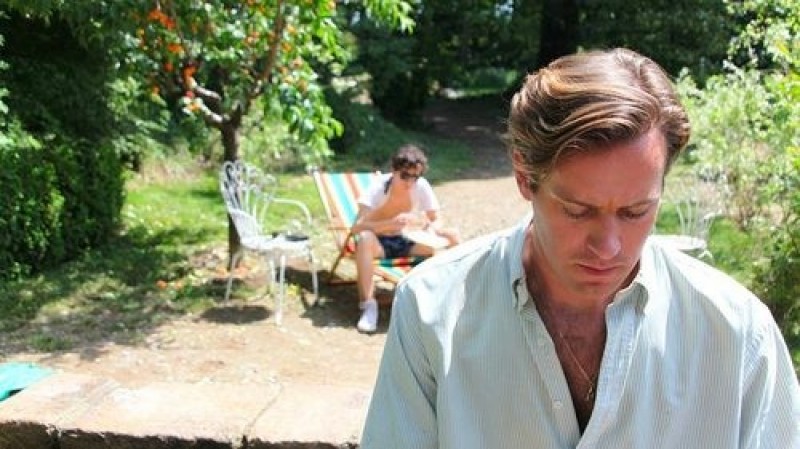

The second section finds Elio embarking on a new relationship with an older man, Michel, in a clear parallel to his father’s relationship with Miranda. Within hours, in spite of the age difference between them, they are planning a life together: “I’ll know that whatever time you’ve given me, my entire life… was all leading up to you.” The two begin talking and soon discover a deep connection.

After all, we readily accepted a straight man’s right to tell this story in the first place.The opening section finds Elio’s father, Samuel, on a train from Florence to Rome, sharing a carriage with a beautiful young photographer, Miranda. We’re all going to skim these interviews with sweaty palms, searching for more evidence that one of the straight actors questioned his sexuality for just a moment. No, we’re going to get all flustered and delight in the straight presence, just like we would if Hammer, as his Oliver does with Elio, unexpectedly squeezed our shoulder during a sporting event in real life.

So when we consume this film, we’re willing to call it a gay masterpiece without any of the usual demands, such as real gay actors playing realistic gay characters in some sort of gay cultural or historical context.

We love this sort of playful teasing from straight guys-the grinning suggestion that we might get a swat on the butt or a drunken cuddle as long as we don’t push it too far. “I’ve never experienced a sense of making yourself so accessible and vulnerable.” Then later, of Chalamet: “ grabs my crotch all the time.” “I’ve never experienced a sense of safety like that,” Armie Hammer says. Over the past few weeks, media coverage of the film adaptation has capitalized on this fascination with ambiguous straight men by other means, featuring interviews where the straight lead actors describe their total comfort with pantomiming gay love on set.


 0 kommentar(er)
0 kommentar(er)
